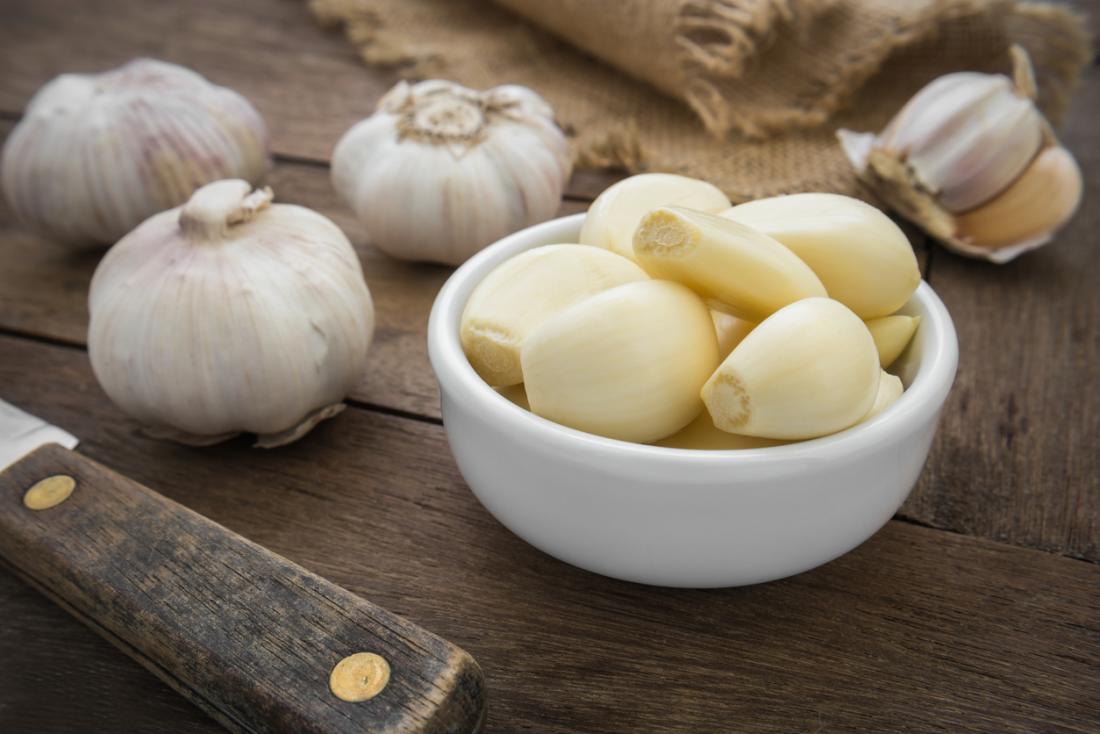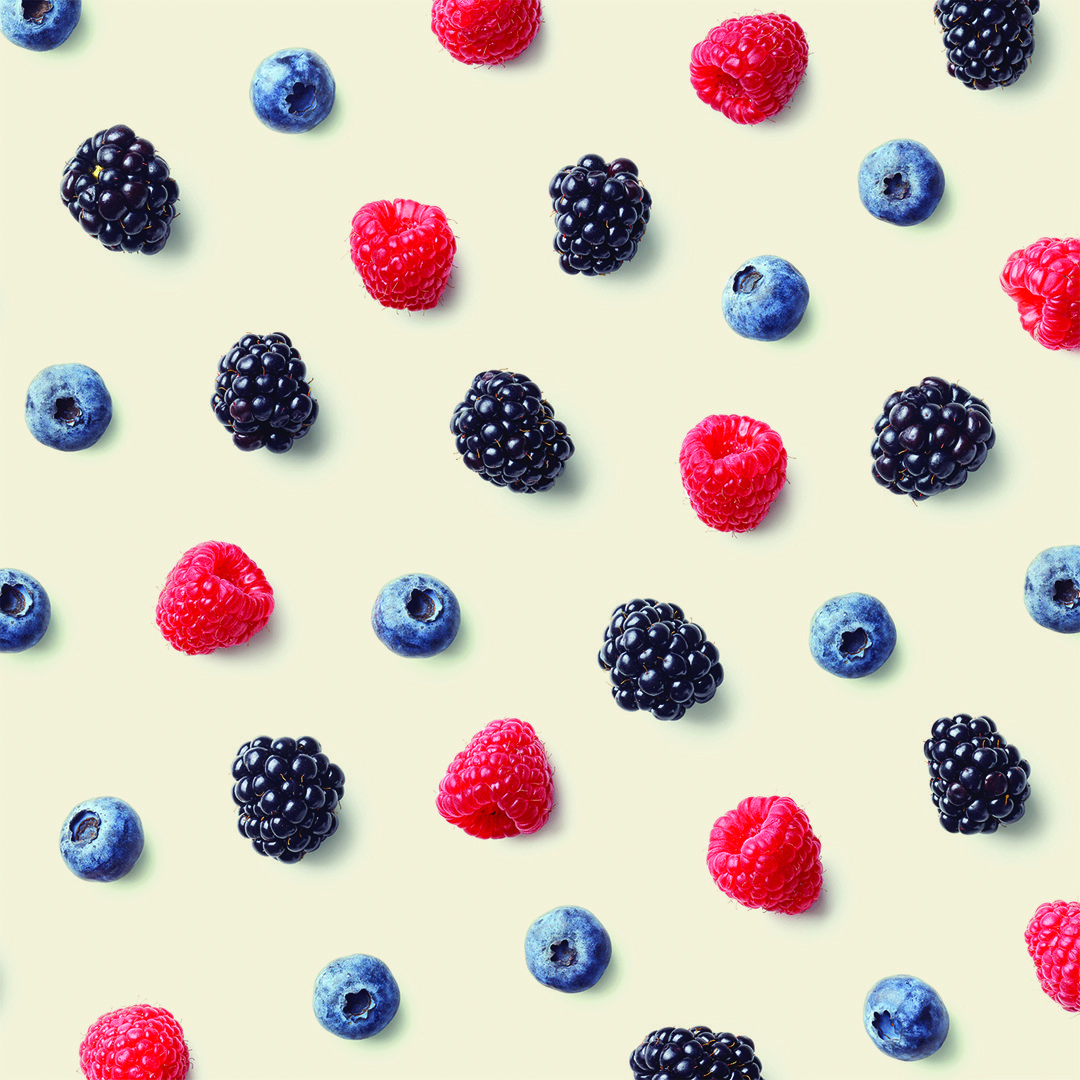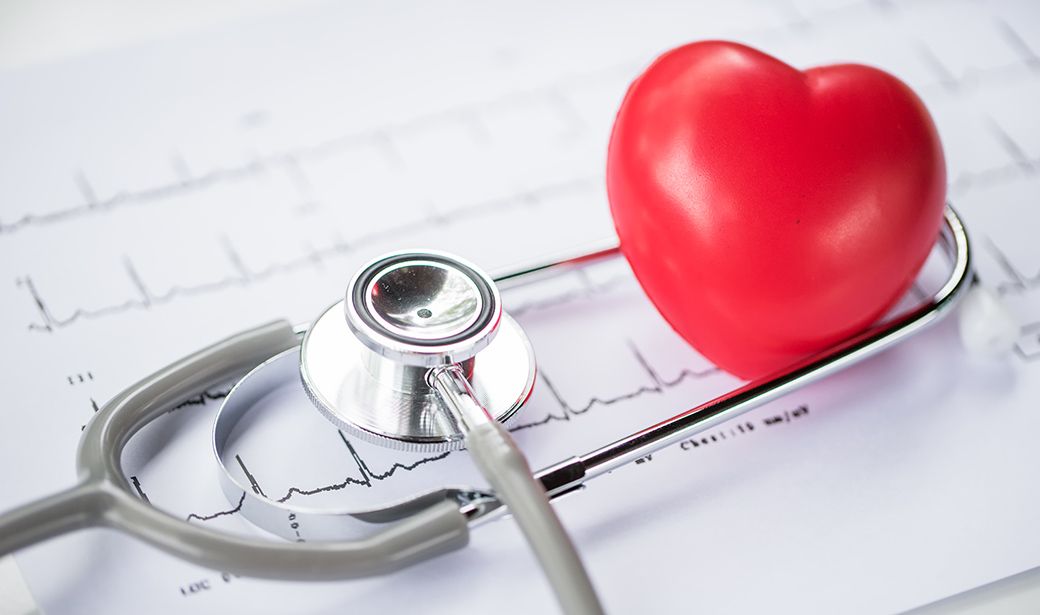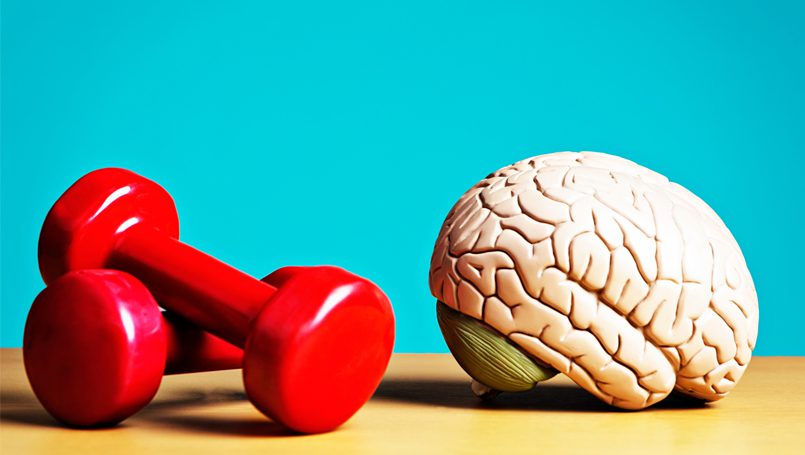Commonly known as hay fever, as many as 60 million Americans are plagued with seasonal allergies every year.1 In an effort to ease their symptoms, they spend as much as $4 billion on allergy products annually.2 And yet, these products offer no more than temporary relief. Could it be that allergy medications are designed to just target symptoms instead of the underlying problem? And if so, what’s really at the root of your seasonal misery?
Ask any doctor and they’ll tell you that the most common cause sparking your seasonal symptoms is an immune response to airborne pollen from grasses, weeds, and trees.3 And that makes sense. After all, when you inhale pollen or other irritants, your body speeds immune cells to the site of the irritation (your nose and sinuses) so they can deal with these airborne invaders. But it turns out, it’s not quite that simple. The immune response that brings on your symptoms actually begins in your gut!
The science behind your sneezing
It’s easy to understand why this misdiagnosis happens, especially because symptoms are centered exclusively in you upper respiratory system and include:
- cough, caused by postnasal drip (mucus dripping down the throat from the back of the nose)
- frequent sneezing.
- itchy, red or watery eyes (allergic conjunctivitis)
- runny or blocked nose.
- scratchy throat, mouth, nose and ears.3
But it turns out that seasonal allergies likely originates far from your nose. According to a study of 1,879 adults by the National Institutes of Health, people with allergies have a very different gut microbiome than those without allergies. This study found that a lack of diversity in the gut microbiota was associated with all types of allergies, especially the seasonal variety.4 This lack of diversity not only affects how the immune cells in your gut behave, it might also change the composition and behavior of the microbiome in your respiratory system.5, 6 This is because the gut and the respiratory system are connected through something called the “gut-lung axis.”7 Because your gut and your respiratory system can communicate with each other via this axis, they can influence each other’s microbiota.8
All of this is a long-winded way of saying that the state of the bacteria that makes up your gut microbiome can directly impact the immune response in your respiratory tract. And that can leave you more vulnerable to seasonal allergies. Fortunately, a growing body of scientific evidence suggests that improving your gut microbiome can reduce the risk of severe hay fever symptoms and allergy related asthma.
Maximize your microbiome to minimize your allergies
One of the most effective ways to improve your gut microbiome is with a daily dose of beneficial bacteria like those found in the Kyo-Dophilus family of probiotic supplements featuring the Friendly Trio of probiotic strains.9 These clinically studied, bio-compatible human strains include Lactobacillus gasseri KS-13, Bifidobacterium bifidum G9-1, and Bifidobacterium longum MM-2. Not only do these three specific strains support a healthy gut microbiome, they have also been proven to reinforce the immune system against invaders like pollen and other airborne allergens.10
But if you suffer from severe seasonal allergies, you may need even more support. Enter synbiotics—a beneficial blend of probiotics and prebiotics. One clinical trial that appeared in the International Journal of Probiotics and Prebiotics found that supplementing with a synbiotic like Kyo-Dophilus Pro+ Synbiotic reduced sensitivity to dust mites (a common airborne allergen) in adults.11 Another trial, which involved 215 children with seasonal allergies, reported that a synbiotic significantly reduced allergy symptoms and improved quality of life.12
Taken together, these findings provide concrete evidence that probiotics, either taken alone or with a prebiotic, can go a long way in alleviating the misery of seasonal allergies. Just be aware that you won’t see immediate results. It takes time to improve your microbiome and its ability to reduce allergy symptoms. But don’t despair. There are a number of things you can do right now to get fast relieve when allergies strike.
Try an ancient technique for the modern nose
The neti pot is an Ayurvedic remedy that has been used for thousands of years throughout India to clear the sinuses. In fact, neti is one of the six purification techniques performed prior to practicing yoga. But modern science has also found that nasal irrigation can also reduce seasonal allergy symptoms by washing away pollen, mucus, viruses, and bacteria.
When researchers at the University of California San Diego examined more than 200 people who used a neti pot for their seasonal allergies, they found “statistically significant improvements” in 23 out of 30 symptoms. They also saw improvements in the participants quality-of-life.13 Another randomized, controlled trial reported that allergy sufferers who used a neti pot experienced a 27.66 percent improvement in their symptoms and a 62 percent decrease in the need for allergy medicine.14
Ready to try a neti pot for yourself? Here’s how it works:
- Mix warm sterile water with ½ teaspoon of pure salt in the pot.
- Tilt your head to the side over the sink and place the spout in the top nostril while tilting your head slightly to one side.
- Let the saline solution drain out of the bottom nostril.
The gentle stream of a lukewarm saline solution gently cleanses the nasal passages. The technique is not as uncomfortable or difficult as it might sound, and it can make a world of difference.
Add Aged Garlic Extract for allergies
Garlic, especially Aged Garlic Extract (AGE), may not be the first thing that comes to mind when you’re in the midst of an allergy attack but studies show that it can reduce inflammation in the nasal passages and boost your body’s immune response to pollen and other allergens. According to one study, AGE not only tamps down inflammation, it also reduces the mucus production that leads to sinus congestion.15
Live an allergy-free lifestyle
Traditionally, seasonal allergy symptoms begin in March and can last all the way through October. But experts now predict that allergy season may start even earlier thanks to climate change.16 That means it’s even more important to employ the following self-care strategies to sidestep seasonal allergies or at least reduce their impact on your life. The Mayo Clinic recommends the following:
- Stay indoors on dry, windy days. The best time to go outside is after a good rain, which helps clear pollen from the air.
- Avoid lawn mowing, weed pulling, and other gardening chores that stir up allergens.
- Remove clothes you’ve worn outside and shower to rinse pollen from your skin and hair.
- Wear a face mask if you do outside chores.
- Clean floors often using a vacuum cleaner that has a HEPA filter
- Use air conditioning in your house and change the filter at least once a month during allergy season.17








